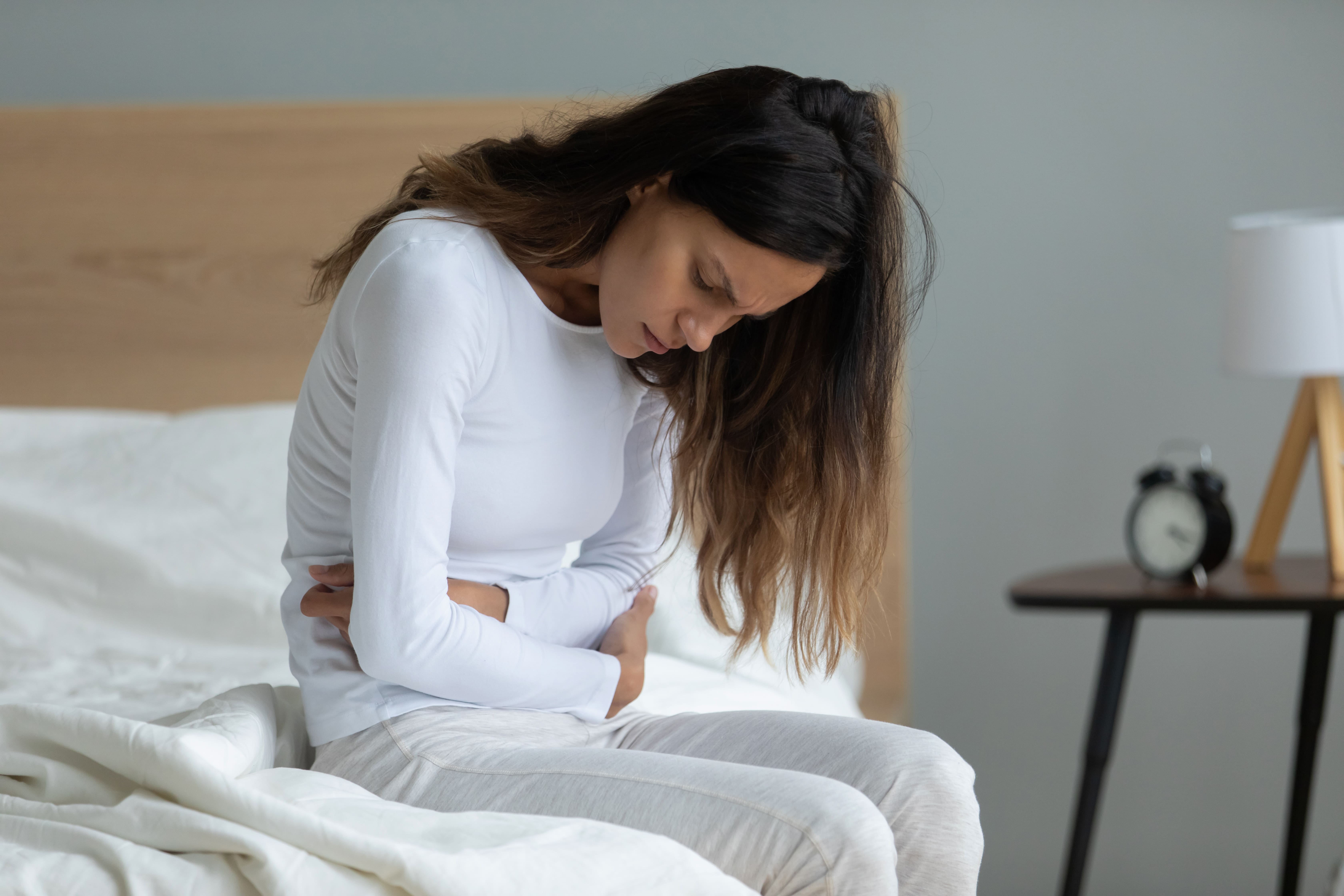Periods can be challenging if you have not found the right set of period pads. There are several brands available in the market but some of them contain harmful dyes and adhesives which can cause skin irritations and rashes. These ashes can continue to make us feel itchy and uncomfortable, especially during nighttime.
Most rashes on periods are caused as a result of contact dermatitis – which means that your skin has come in contact with an irritant in your sanitary pad. Using soft sanitary napkins can ensure sanitary hygiene without causing rashes or irritation. Here is how you can avoid skin irritation and rashes during periods:
- It is important to get your pads changed after every few hours.
- Rashes can also be a result of moisture and heat in our intimate areas. Using sanitary pads that prevent sweating and allow your skin to breathe can help. You could try SOFY cool pads that are especially recommended for summer.
- Furthermore, to avoid unnecessary moisture build-up around intimate areas, use a sanitary pad with a deep absorbent sheet like SOFY pads.
- Most sanitary pads are made using chemical compounds called polyolefins. Therefore, most of these pads contain absorbent gels, foam, and wood cellulose. Bleach is also applied to most pads in order to enhance their capacity to absorb menstrual blood. All of these chemicals can lead to skin irritation. It is always preferred to use cotton pads like SOFY sanitary pads.
- Some pads like the SOFY AntiBacteria sanitary napkins contain an anti-bacterial sheet that prevents bacterial infections that lead to irritation. In case of an infection, you must opt for an anti-fungal ointment.
- Keep your intimate areas dry and clean. Your vaginal pH should ideally be around 3 to 4.5 (moderately acidic). An imbalance in vaginal pH leads to infections.
Trust Sofy when experiencing periods. Explore the range of sanitary pads by SOFY and find the right fit for yourself.
FAQ’s
2. How often should I change my sanitary pad to avoid rashes?
To maintain hygiene and prevent rashes, it is recommended to change your sanitary napkin every 4–6 hours. If your flow is heavy or if you're in a humid environment, consider changing more frequently to reduce moisture and bacterial growth.
3. Can scented pads cause allergies or rashes?
Yes, scented pads or sprays often contain chemicals that can trigger allergies or skin irritation. It’s safer to choose unscented, hypoallergenic pads to reduce the risk of rashes or burning sensations during your period.
4. How can choosing the right pad reduce skin irritation?
Opting for pads made with skin-friendly materials can minimize friction and irritation. Sofy suggests using unscented and hypoallergenic pads to avoid allergies. These gentle options help keep skin comfortable, even during long wear.
5. Is skin more prone to rashes after menstruation too?
Yes. Residual moisture, heat, or lack of hygiene following periods can continue causing irritation post-menstruation. Maintaining clean and dry skin, using gentle washing routines, and avoiding damp pads during this time are key to preventing lingering rashes.
6. When should I see a doctor for period-related skin rashes?
If rashes persist despite good hygiene and protective measures—or worsen with swelling, pain, or unusual changes—consult a healthcare provider. Persistent irritation may need medical treatment to rule out infection or other conditions. Early diagnosis ensures proper care and comfort.
7. How can I keep my intimate areas dry and clean during periods?
Keep your intimate areas dry and clean. Your vaginal pH should ideally be around 3 to 4.5 (moderately acidic). An imbalance in vaginal pH leads to infections. Using pads with antibacterial sheets, like SOFY AntiBacteria sanitary napkins, can help prevent bacterial infections that lead to irritation.
8. Can I use an anti-fungal ointment for period-related rashes?
In case of an infection, you must opt for an anti-fungal ointment. However, it's essential to consult with a healthcare provider before using any medication to ensure it's appropriate for your condition.
9. Are antibacterial pads effective in preventing infections?
Yes, antibacterial pads can help prevent infections. Pads with an anti-bacterial sheet, like SOFY pads, provide protection against bacteria and fungi, ensuring a safe and hygienic period. They also help in preventing unpleasant odors caused by infections.
10. How can I choose the right sanitary pad to avoid rashes?
Choose sanitary pads that are soft, breathable, and made from skin-friendly materials. Avoid pads with harsh chemicals, fragrances, or dyes. Opt for pads with deep absorbent sheets to prevent moisture build-up and reduce the risk of rashes and irritation.

